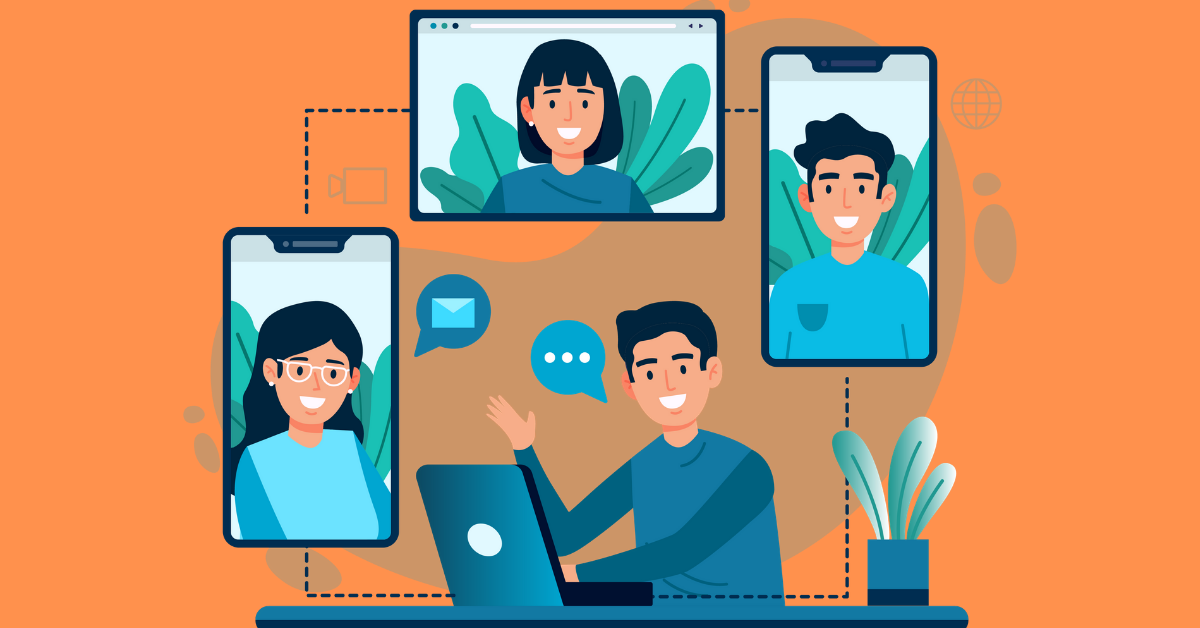
Does it ever feel like you spend hours on a social media platform, scrolling through an endless feed of content? Have you ever left your phone at home and felt like you’re missing out on something important throughout the entirety of your day? Do you feel that you may need a digital detox or unplugging from media devices?
Research has shown that digital consumption is a huge part of our everyday lives, through our tablets, smartphones, laptops, etc. The Pew Research Center regularly conducts large-scale sample size research across the world and their 2017 research estimates that across 39 countries, a median of 75% of adults surveyed use the internet. Another study that tracked smartphone usage over two weeks (29 participants aged 18-33) found that they spent approximately 5.05 hours a day using their phone and checked their phone on average 85 times a day2.
Potential impacts of too much time online
The potential impacts of spending so much time online can be quite harmful to our mental well-being. It can result in a sense of isolation, an expectation of instant gratification, and deficits in social skills. We may begin to show signs of obsession and compulsion, addiction, or attention deficit. These impacts are correlated with the need to check for messages, a desire to show your most glamorous side of life and experiencing things like phantom vibrations. We also can’t forget physical problems that may occur, such as vision loss, hearing loss, neck strain and sitting too much.
 With all these possible harmful effects, it can be useful to engage in digital detoxing or “unplugging” from our online lives. Below are some tips for managing your digital consumption. Remember: this isn’t about eliminating the usage of your devices entirely; it’s about putting some healthy boundaries around your usage for your own mental well-being. Choose one or two of the options below that fit your own lifestyle and don’t panic if it takes some getting used to! Explore tips on how to implement a digital detox into our lives.
With all these possible harmful effects, it can be useful to engage in digital detoxing or “unplugging” from our online lives. Below are some tips for managing your digital consumption. Remember: this isn’t about eliminating the usage of your devices entirely; it’s about putting some healthy boundaries around your usage for your own mental well-being. Choose one or two of the options below that fit your own lifestyle and don’t panic if it takes some getting used to! Explore tips on how to implement a digital detox into our lives.
5 Tips for managing digital consumption:
1) “Unplug” for 24 hours: Avoid technology use for one day, perhaps arranging a day out with friends/family to keep you connected to the real world.
2) Be present with friends and family: Put away your device when you’re engaging with others in the real world and talk to the people in front of you. Real-time conversation allows us to notice peoples’ facial expressions and tone of voice which can often be misread through a message.
3) Keep work and home life separate: When you’ve left the workplace, make a conscious effort not to respond to work-related messages until you’re back in the office. This will help you be more present at home with your friends or family.
4) Switch off push notifications: Constant buzzing or pings from notifications are distracting and keep us constantly linked to our devices. Turning off push notifications reduces feelings of having to respond to something immediately.
5) Adjust your blue light: devices have a Night Mode which will adjust your screen’s blue light to a more relaxing colour tone. Blue light can mess up your circadian rhythm and hormone cycles making it more difficult to fall asleep.
Our workplace wellbeing trainings are designed and created to enhance the wellbeing of every individual we work with. Our wellbeing trainings are researched and created by expert health coaches to ensure we have a positive impact on every individual we work with.

